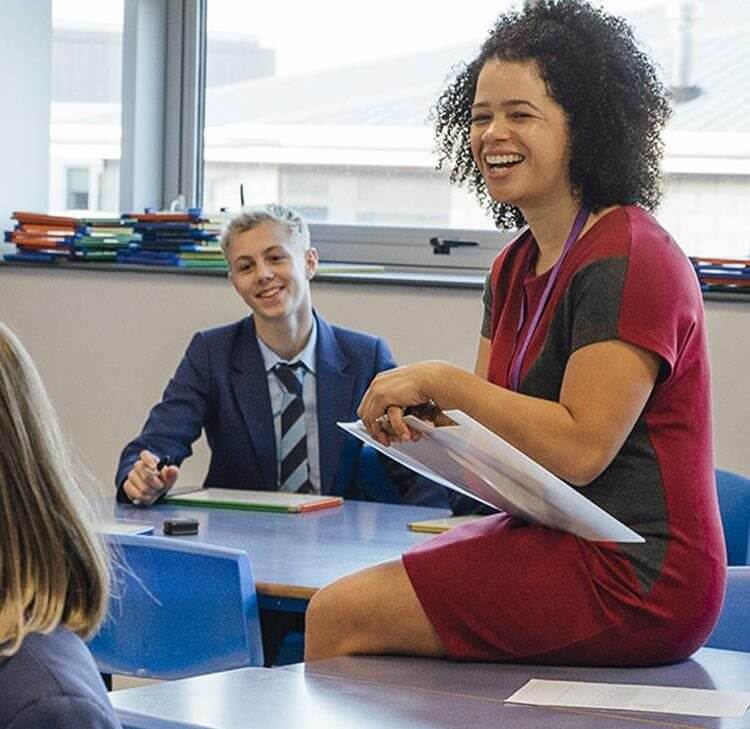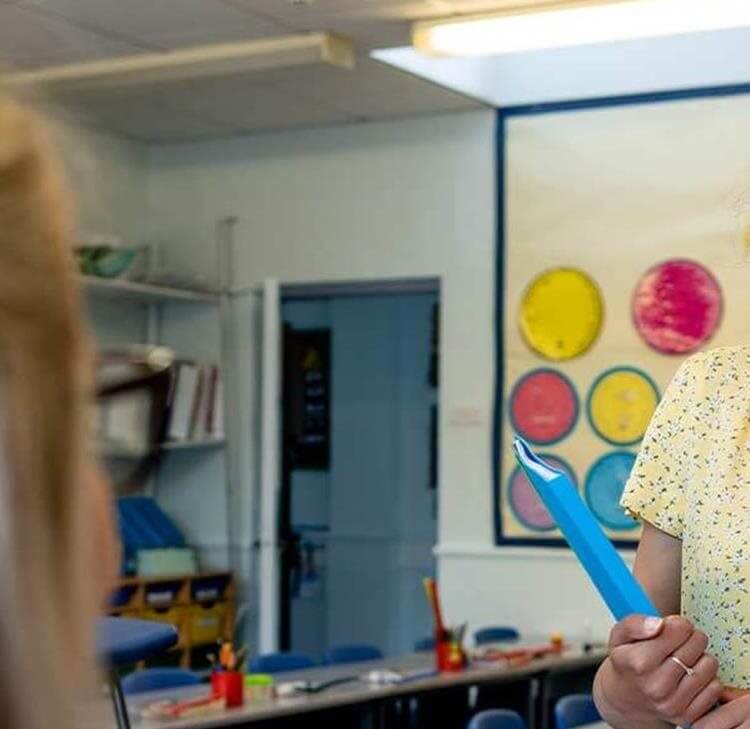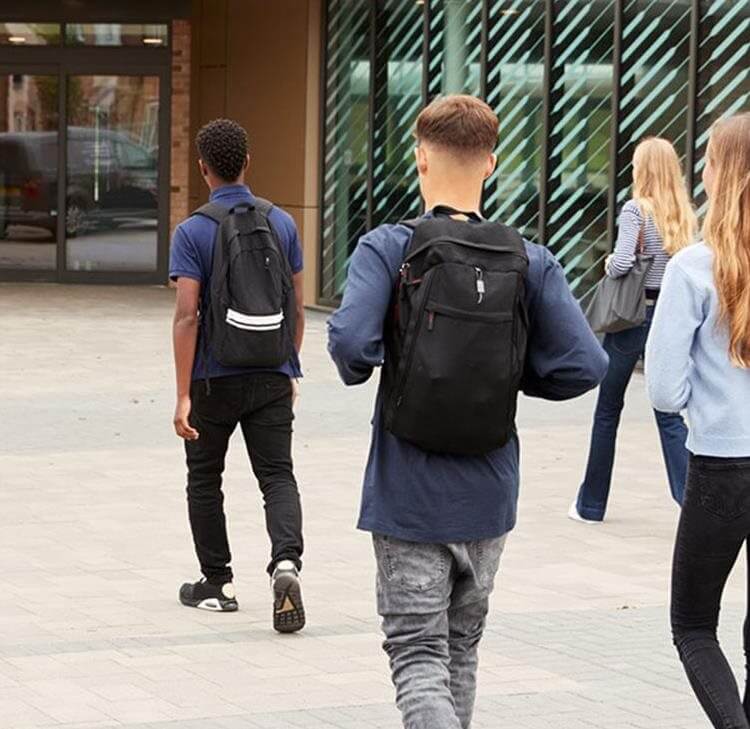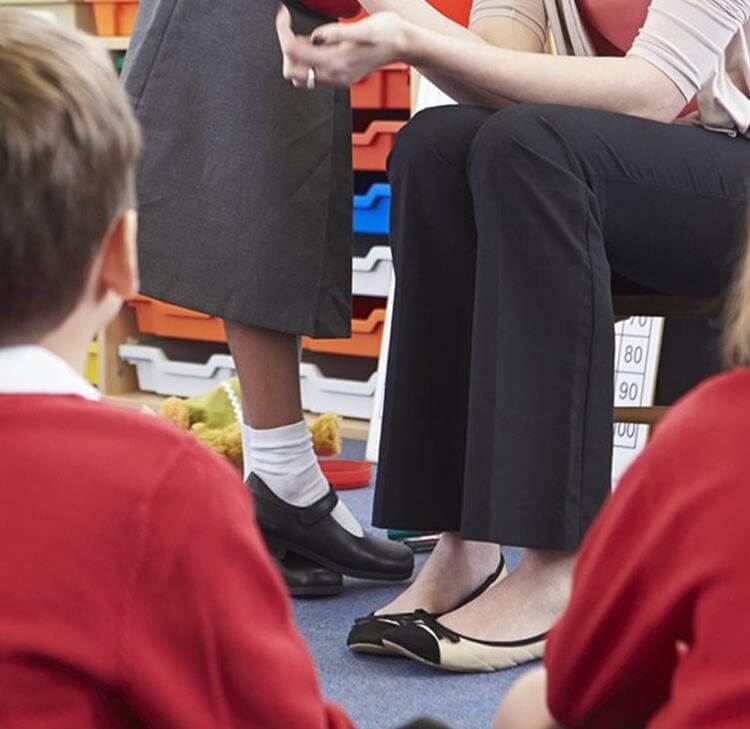
Pupil behaviour and school exclusions
Dealing with incidents of poor behaviour remains a key issue in all types of school and continues to attract high profile attention nationally, with the number of suspensions and exclusions continuing to climb.
We support trusts and schools in dealing with incidents and provide practical advice on the options available to ensure teaching and learning is not adversely affected and to ensure that decisions taken are less able to be challenged successfully.
We advise daily on the exclusions process for schools across England so have a great deal of experience in the practical issues that can arise, as well as how characteristics like SEND and looked-after children should feature in decision making.
Support for managing school exclusions
We’ve developed a comprehensive Exclusion Support Pack which hundreds of schools now use to support their decision making on both suspensions and exclusions.
We regularly provide training to many of the largest academy trusts in the country as well as local authorities on the requirements of the exclusions process and often support the establishment of Independent Review Panels to review permanent exclusion decisions.
Challenging exclusions decisions
Where exclusion decisions are challenged, we have supported schools defending legal action, including claims under the Human Rights Act 1998 and Equality Act 2010, and we’ve also provided representation or advice for countless of schools at governing body review meetings and/or independent review panels.
What we do
Our team of specialist lawyers are experienced in supporting trusts and schools, fully understanding the process and pitfalls surrounding exclusions.
We can help you by:
- Providing access to our Exclusion Support Pack to ensure consistency of decision making and compliance with the law
- Drafting or reviewing behaviour policies – ensuring your policies are up to date.
- Advising on options to avoid exclusion including alternative provision and managed moves.
- Helping you to conduct investigations lawfully, including searches, screening and confiscation, and avoiding unlawful practices such as off-rolling and unofficial exclusions.
- Reviewing or drafting exclusion letters from principal/ head teacher, governing board or Independent Review Panel (IRP).
- Helping you deal with complaints arising from behavioural issues or exclusion decisions.
- Advising on SEND or equalities issues arising from sanctions in relation to behaviour.
- Establishing frameworks for schools to collaborate on discipline and exclusion issues.
- Challenging IRP decisions and reconsideration of exclusion decisions.
We can also provide:
- Clerking services for your governing board hearings and IRPs.
- Panel member selection and training – assisting you with the selection, appointment and training of panel members and clerks.
- Representation for your senior leaders at governing board hearings IRP hearings.
- Bespoke governing board and IRP training, focusing on all you need to know about the exclusions framework for schools and trusts.
Related expertise
Key contacts

Philip Wood
Principal Associate
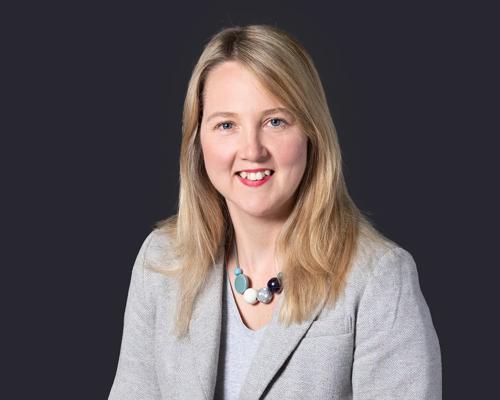
Victoria Hatton
Partner













